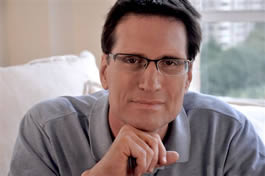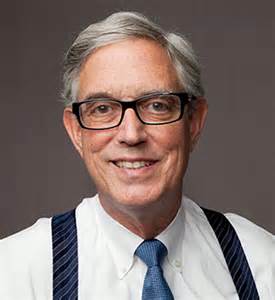A Quote by Robert James Graves
From the very commencement the student should set out to witness the progress and effects of sickness and ought to persevere in the daily observation of disease during the whole period of his studies.
Related Quotes
To my knowledge, there have been no studies done on the effects of antidepressants and altitude. But it is hugely important to find out if there are side effects. We should also find out what are the effects on fine motor skills and reaction time. These are all important questions that should be assessed.
A man should not go where he cannot carry his whole sphere or society with him,Mnot bodily, the whole circle of his friends, but atmospherically. He should preserve in a new company the same attitude of mind and reality of relation, which his daily associates draw him to, else he is shorn of his best beams, and will be an orphan in the merriest club.
The high-school English teacher will be fulfilling his responsibility if he furnishes the student a guided opportunity, through the best writing of the past, to come, in time, to an understanding of the best writing of the present. He will teach literature, not social studies or little lessons in democracy or the customs of many lands. And if the student finds that this is not to his taste? Well, that is regrettable. Most regrettable. His taste should not be consulted; it is being formed.
Within hours, tweetted piece of information you've just doled out has become a monsoon, a hurricane of tangible energy that is literally circulating the world. It's helped me sense the undeniable truth of quantum consciousness, the whole butterfly effect. I witness it daily. Being witness to it not only makes me come alive, it enables me to maintain hope.
As a sick kid, I always looked out the window. The objects of my observation were the sun, the seasons, the wind, crazy people, and my grandfather's death. During my long period of observation, I felt that something like poems were filling up my body. They were in some kind of state and condition that made them difficult to render into words. As a university student, I tried hard to write them in Korean. It was at that time that I foresaw my death and the world's death. I think my poems started at that time.
I don't even know why, but my entire career is contemporary films. Entire career! There's no period movies - there's one - but there's no period movies, no special effects movies. I just do character studies and so, some of them are gonna bump into each other, but I love the challenge, with a good script. I love the challenge of playing not a very pleasant or attractive character that seduces an audience or wins an audience over by the end.
Just as an informal, nonscientific observation, most people's personalities don't seem to change very much during their lives. There are exceptions in the case of people who go through hugely traumatic events or suffer from brain injury or disease. Some would argue that religious conversions can have deep personality-altering effects. But these are all exceptions to the rule.
How very seldom do you encounter in the world a man of great abilities, acquirements, experience, who will unmask his mind, unbutton his brains, and pour forth in careless and picturesque phrase all the results of his studies and observation; his knowledge of men, books, and nature. On the contrary, if a man has by any chance an original idea, he hoards it as if it were old gold; and rather avoids the subject with which he is most conversant, from fear that you may appropriate his best thoughts.
The doctors take the bodily evidence as the disease. . . . disease is itself an impudent opinion. He throws off the feelings of the sick and imparts to them his own which are perfect health, and his explanation destroys their feelings or disease. . . . He is like a captain who knows his business and feels confident in a storm, and his confidence sustains the crew and ship when both would be lost if the captain should give way to his fears.
My philological studies have satisfied me that a gifted person ought to learn English (barring spelling and pronouncing) in thirty hours, French in thirty days, and German in thirty years. It seems manifest, then, that the latter tongue ought to be trimmed down and repaired. If it is to remain as it is, it ought to be gently and reverently set aside among the dead languages, for only the dead have time to learn it.




































